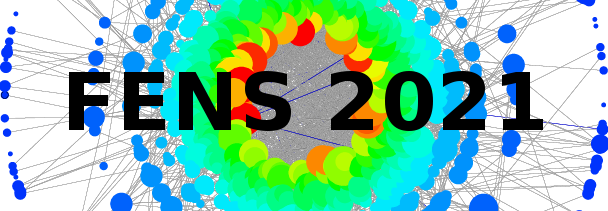Speaker
Description
The Markovian assumption, namely that the transition rates only depend on the current state of the system and not on its previous history, is obviously wrong in may situations, but still is widely used because of its mathematical simplicity. Think, for example, in the recovery from an infection. While being true that there is a large amount of stochasticity in the recovery time, it is certainly not reasonable to assume that the recovery rate is independent of the time since the infection. Here we address some general aspects of the mathematical modeling and how it is possible to obtain analytical results for some specific models, including stochastic delay in the creation and the annihilation processes, and its effect on the statistical properties, mean values and fluctuations. As an specific example, we will consider the case of aging, also known as inertia, in the voter model with noise. This is a widely used model in social and economics situations to describe transitions to consensus or synchronized behavior. While the model displays a discontinuous change of behavior from unsynchronized to consensus as a function of a parameter which depends on the free-will, or tendency to act independently on the neighbors, this transition is size-dependent and disappears in the thermodynamic limit. It has been shown[1] that a genuine --second order-- phase transition can appear as a consequence of aging, modeled as a reluctance to change state as a function of the length of time that has been spent in the current state.
[1] Aging-induced continuous phase transition O. Artime, A. F. Peralta, R. Toral, J. J. Ramasco, and M. San Miguel

